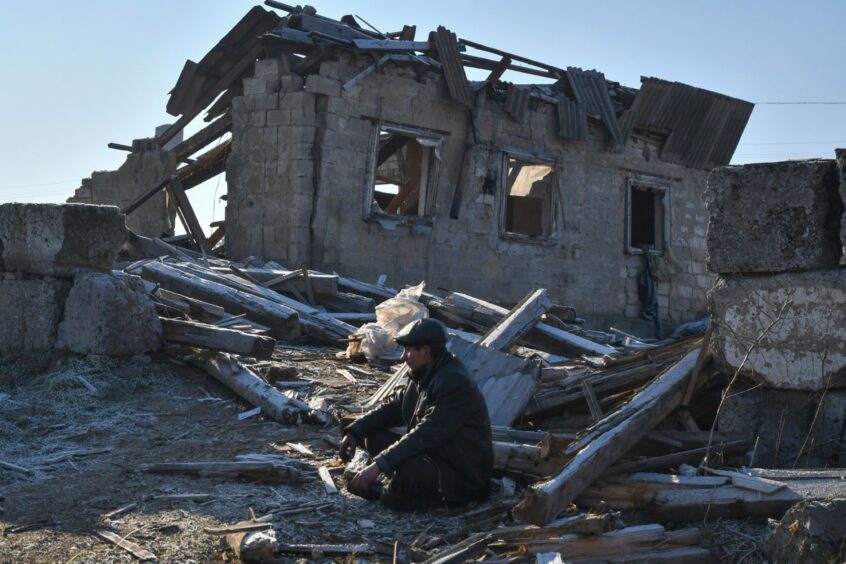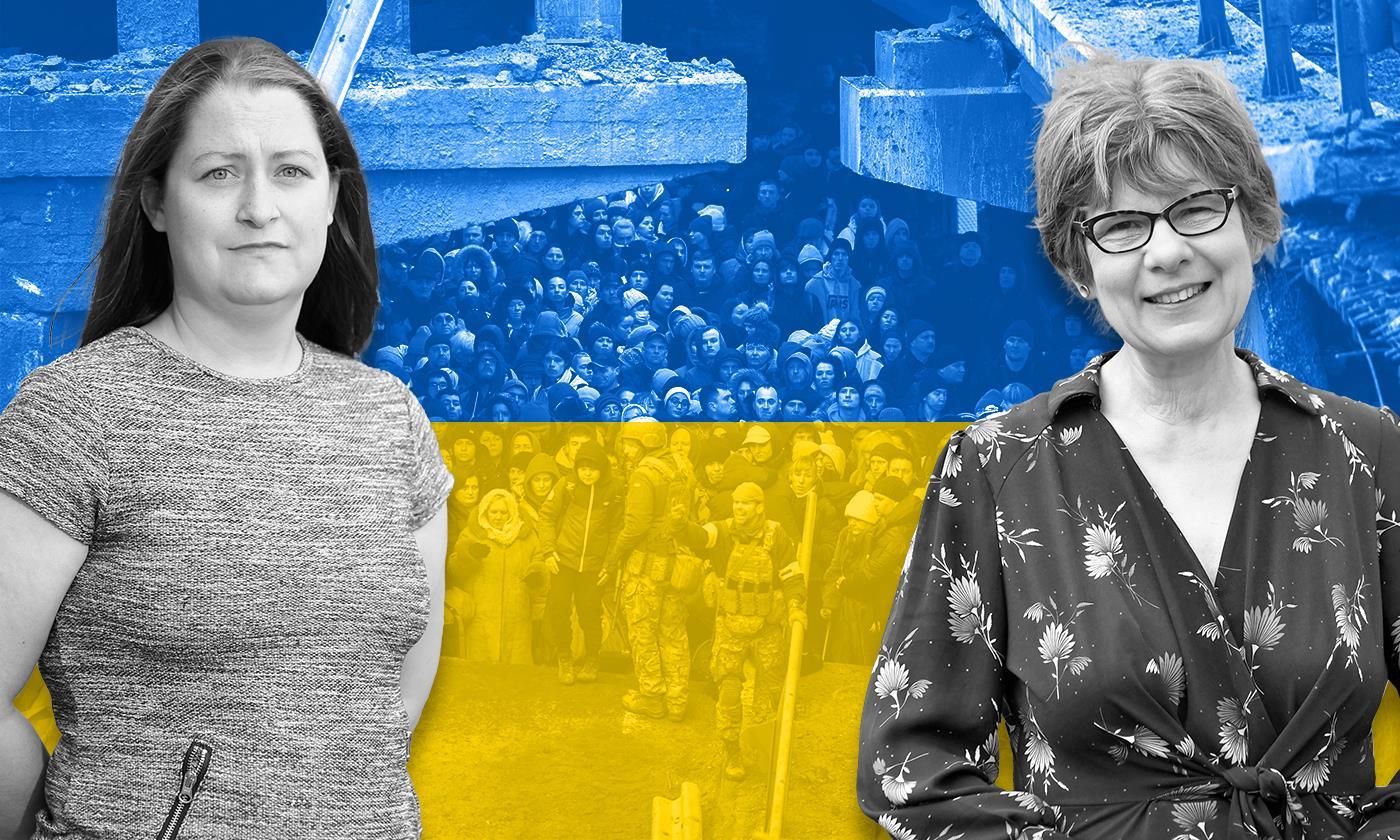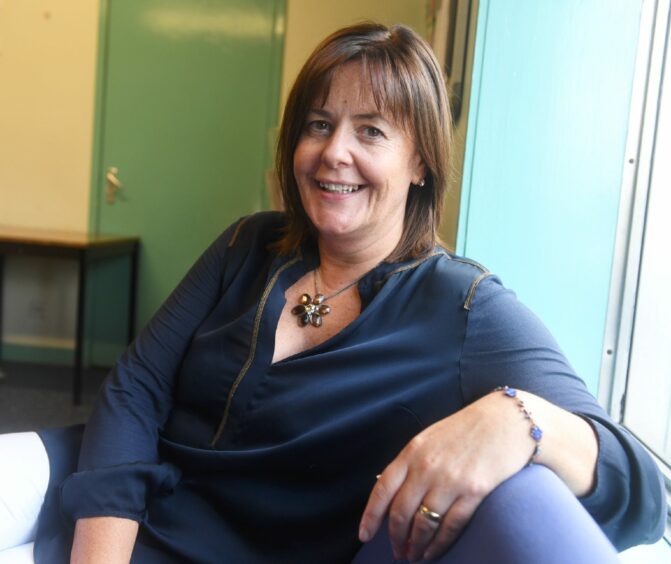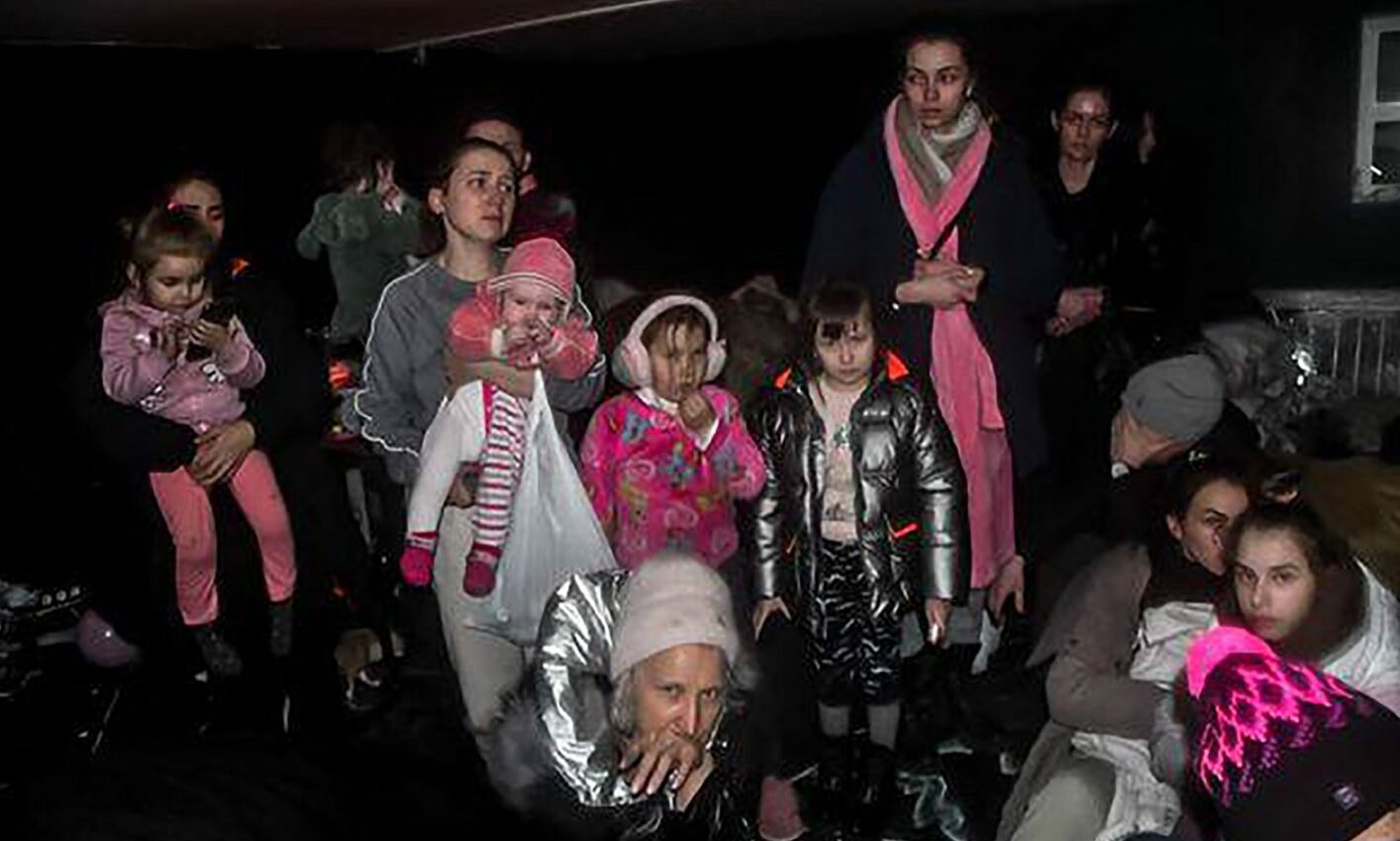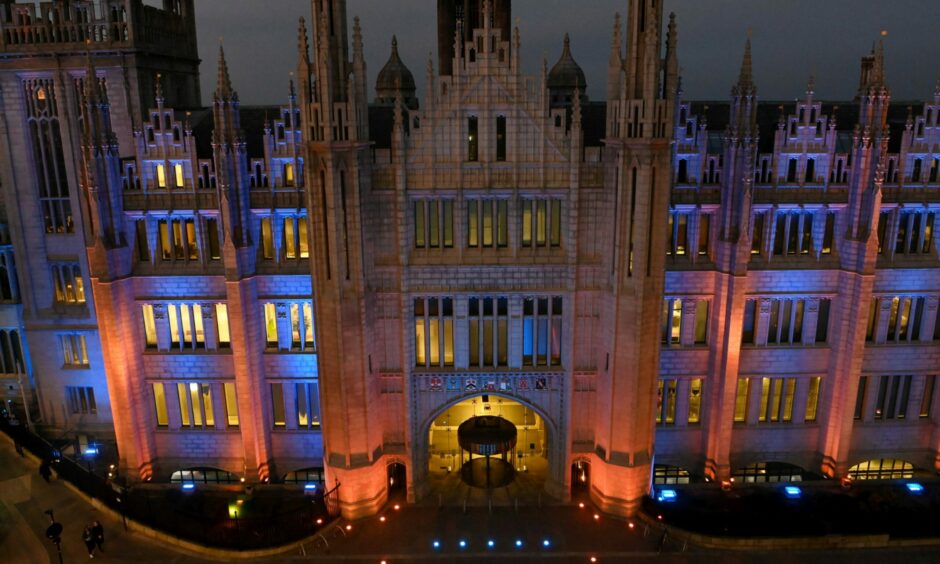
It’s 12 months since the world watched in horror as Russia launched a full-scale war against the people of Ukraine – and there’s no sign of the conflict being scaled back, let alone a ceasefire being agreed.
Since the fighting began, thousands of lives have been lost, millions of people have been uprooted from their homes and we have become wearily familiar with the coverage of the Russian bombardment of cities, without any regard for the civilian population.
When the Homes For Ukraine scheme was launched last March across Scotland, thousands signed up to host Ukrainian refugees, while the Scottish Government confirmed it was becoming a ‘super sponsor’, enabling individuals and families the chance to secure visas without having to arrange a private sponsor first.
And now, the impact of these emergency moves in response to a desperate humanitarian crisis have become clear. In the last year, nearly 23,000 people, intent on fleeing the destructive hostilities waged against Ukraine, have arrived in Scotland in search of safety. And many of them have found refuge in the north and north-east.
Aberdeen City Council supporting almost 2,000 displaced people
Aberdeen City Council has supported 1,900 Ukrainian displaced people by providing temporary accommodation and they have been resettled nationally and locally.
More than 600 individuals have been accommodated in the city through a variety of hosted arrangements, private rents and registered social landlords. And they have all been allocated a resettlement officer to assist them both with establishing their new homes and offering a link to a range of essential services.
A council spokeswoman said: “The Scottish Government have provided funding to local authorities to expand housing options available due to the conflict in Ukraine.
“Aberdeen City Council has been able to bring 500 empty properties in need of repairs, back to useable standard through this offer and [we] are currently reducing the use of temporary accommodation as these become available.”
‘Sponsors opening up their homes is humbling’
In Aberdeenshire, meanwhile, the council and its partners have resettled in the region of 500 Ukrainians since the war commenced, resulting in what the authority described as one of the biggest sponsor offers per head of population in the whole of the UK.
Katie MacLean, the council’s refugee and asylum manager has been impressed by the fashion in which Scots and Ukrainians have formed a close bond – but, as she explained, this has never glossed over the true heartache felt by refugees.
She said: “The most uplifting element for me is when you see a sponsor (and their family) and a Ukrainian (and their family) take a risk by coming together in a hosting environment. Sponsors opening up homes and hearts for, in some cases, almost a year is really humbling.
“People who were strangers and had no knowledge of each other’s countries, never mind families a year ago, living together in close proximity and sharing the intimacy of daily family life. It hasn’t always worked, but in most cases it has.
Not a dry eye in the venue
“Several families have lost dads, sons and sisters as a result of fighting and sponsors have found themselves thrown into an unimaginable grief.
“We held a Ukrainian Christmas Celebration at Thainstone in January to help families through the difficult Christmas period. It was a really nice day with everyone in good spirits, but unplanned, a group of young women got together and started singing a traditional Ukrainian carol.
“They were smiling and crying at the same time and everyone was rooted to the spot. The emotion was extraordinary and summed up the mix of pride, love and loss”.
A total of 529 Ukrainian refugees have been placed in hotel accommodation in the Highlands, where the council has launched a number of initiatives to aid those who have travelled to the region.
And Kingussie High School pupils, Valeriia Muliar and Kateryna Kedyk, recently shared their experiences of the support which has been given to pupils and their families from Ukraine since joining the local community.
‘You don’t know what tomorrow will be’
While joining a new school in a new country can be an overwhelming experience, Kateryna revealed that her first day went better than she expected and she now feels confident in school as a result of the encouragement she received from her teachers. Valeriia later talked about the extra homework she was doing to prepare for exams and spoke about her plans to go onto further education at a Scottish university.
Education chairman, Cllr John Finlayson, said: “It is important that we hear directly from our pupils who have joined us from Ukraine, so we can gain a greater understanding from their perspective on the challenges they are facing in their new life in the Highlands, and how we can support them within our communities”.
The Scottish Refugee Council has charted myriad stories of those who have been welcomed to Scotland, often after suffering terrible privations in their homeland.
Tetiana, who came here in July, soon volunteered to greet other Ukrainians when they arrived and said: “The best thing is feeling that you are useful and can help somebody. I know how it feels when you come to a strange country for the first time. You don’t know what tomorrow will be or where you will stay. It is really scary.
It was a big culture shock
“When I arrived, I was so scared. I had read about what to do, but I didn’t know how it would be. But it’s really great when there is someone you can ask. Even more when they can speak to you in your own language.”
Another Ukranian, Viktor, initially contacted the SRC’s helpline [which between March and December, received close to 3,000 calls and emails relating to Ukraine] before making the journey to Scotland. He and his family are now settling into their new community and are very grateful for the advice they have received.
Gillian Furmage of the SRC, told me: “There has been an incredible response from people in UK offering to host Ukrainians in their own homes via community sponsorship schemes. There are differing views of these schemes – we believe that the government has responsibility for people seeking protection.
“Private citizens do their best, but they can’t guarantee that their own circumstances won’t change and we can’t expect individuals to share homes [with refugees] in the longer term. However, we have been very moved and inspired by the kindness of ordinary people and their willingness to help and support others.
The effort needs to carry on
“It’s also important to stress that people are still needed in Scotland to host Ukrainians in their homes. We have also been very inspired by the strength and resilience of Ukrainian people in Scotland including our new colleagues, neighbours and friends.
“We continue to stand with the people of Ukraine and hope for an end to the war and for peace to return to the country as soon as possible.”
It’s a positive sentiment. But, thus far, there is no indication the war is anywhere close to approaching a resolution and the refugee effort will have to continue indefinitely.
Further information is available at
scottishrefugeecouncil.org.uk/ukraine-response-one-year-on
